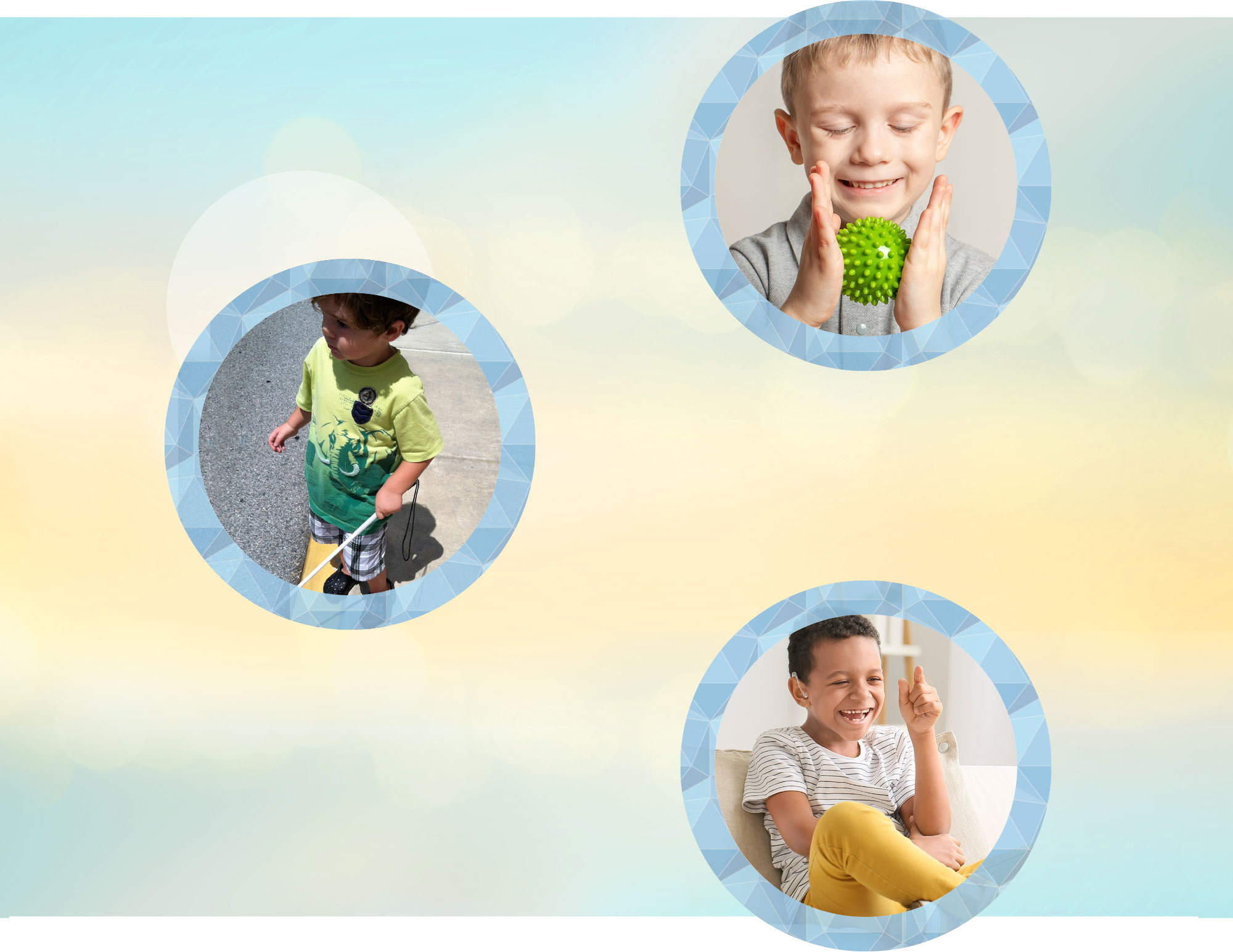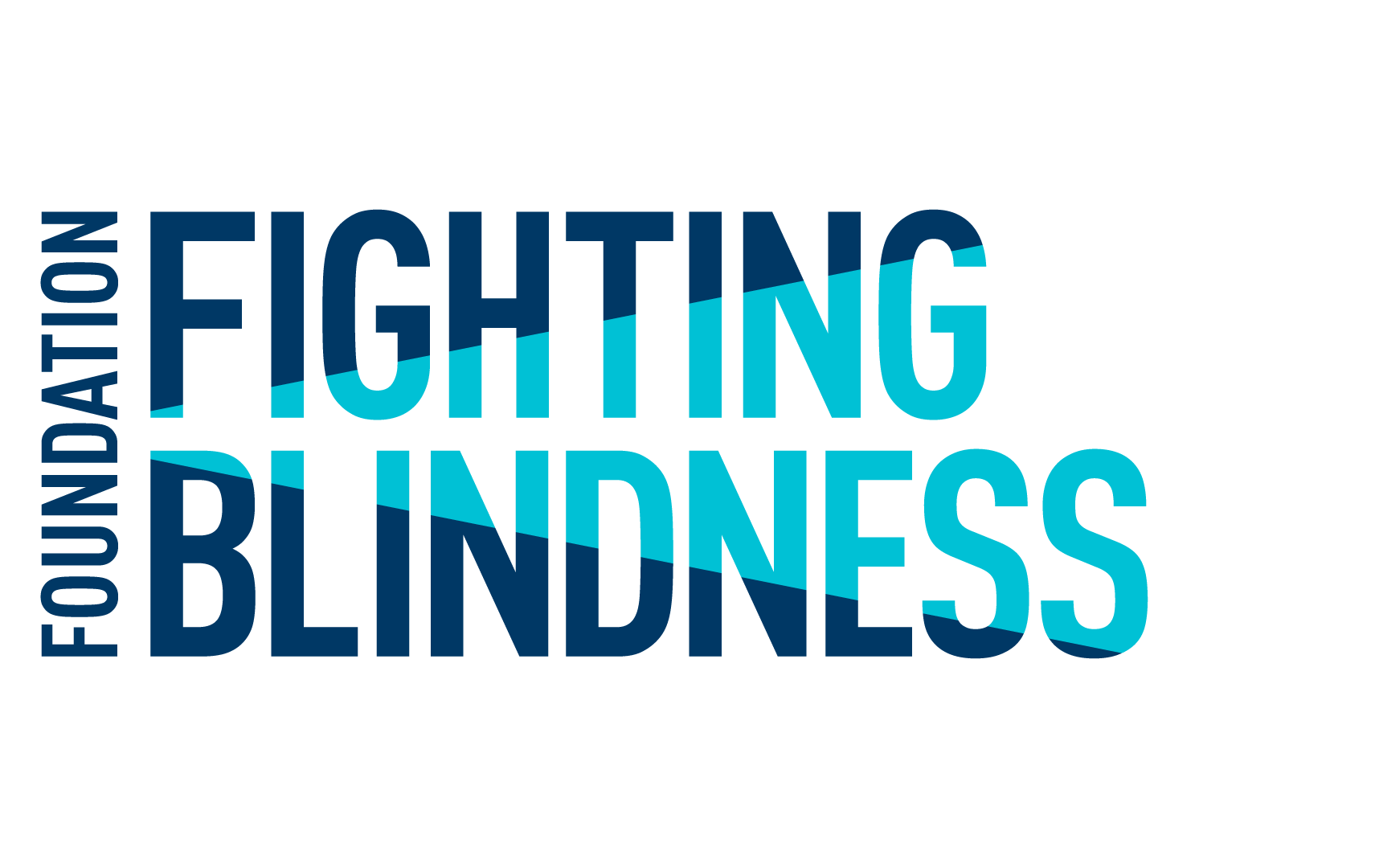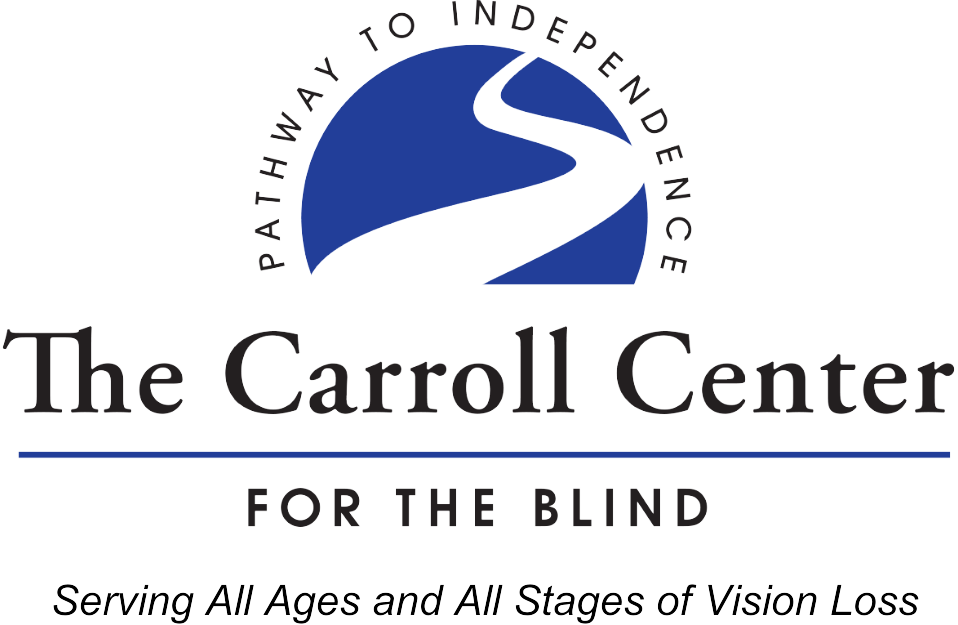Dedicated to treating and empowering patients
experiencing or at risk for blindness
Atsena Therapeutics is passionate about improving the quality of life of patients with vision loss. Our ocular gene therapy programs aim to reverse or prevent blindness in patients with GUCY2D-associated Leber congenital amaurosis (LCA1), X-linked retinoschisis (XLRS) and MYO7A-associated Usher syndrome (USH1B).





